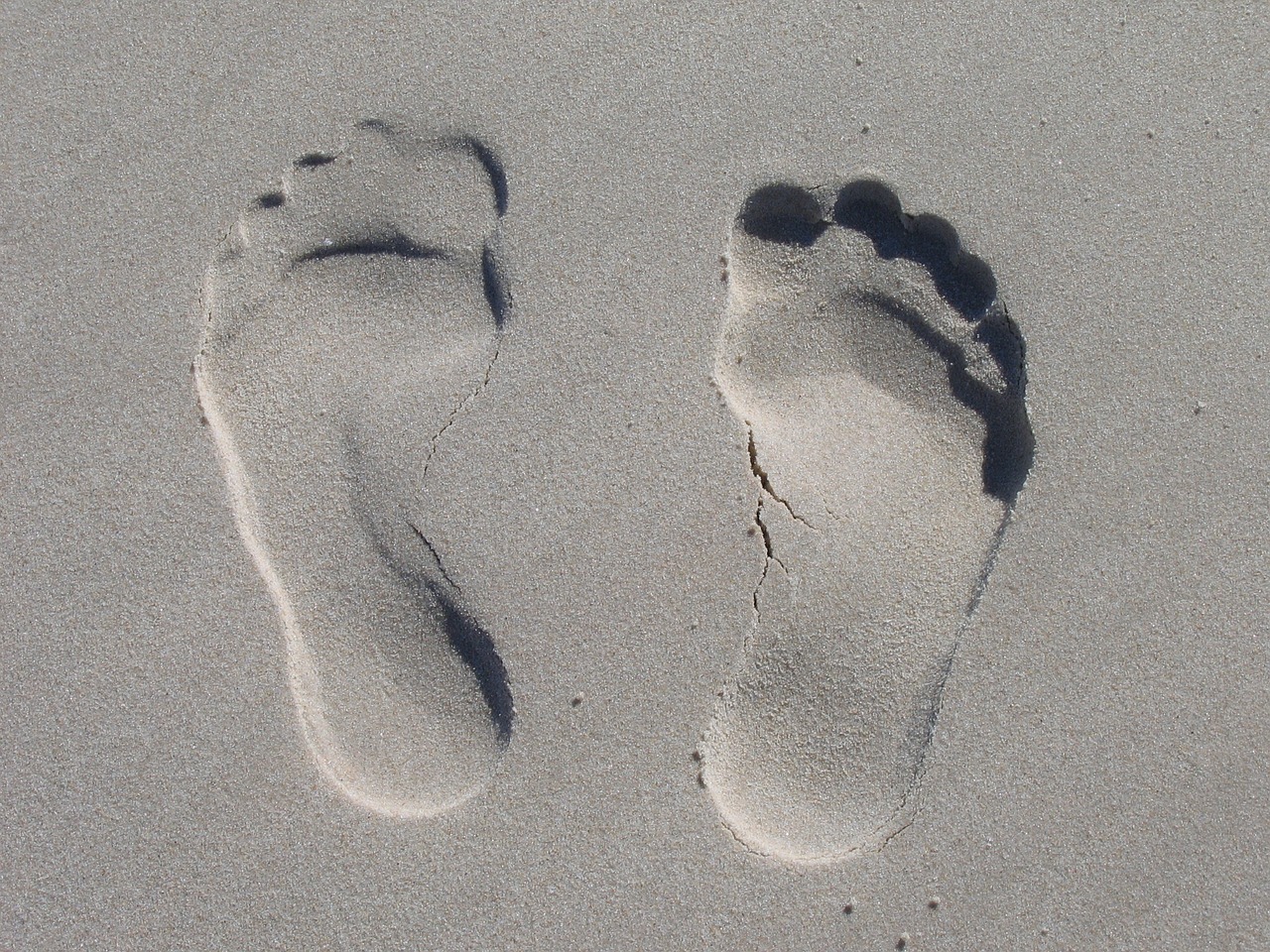Inspiration from Simchat Torah a Century Ago
Simchat Torah 100 years ago (corresponding to October 22, 1905) was a very difficult time for Jews in Russia. That October ended with a wave of anti-Jewish pogroms that engulfed the country: Pogroms in over 660 (!) cities and towns in Belorussia shattered thousands of lives. Following the dreadful pogroms in Kishinev and Gomel in 1903, these massacres left the Jews deeply demoralized, and were the major cause of the first Russian Jewish emigration to America at the turn of the 20th century, with hundreds of thousands of Jews arriving at the shores of this country.
The regions hardest hit by the pogroms were the Minsk, Mogilev and Chernigov gubernii (districts), which were densely populated by 221,000 inhabitants, 28,531 of them Jews.
This area was also home to the fifth Chabad Rebbe, Rabbi Sholom Dovber, known as the Rebbe Rashab, who at the time lived in the town of Lubavitch, which served as the heart of the movement since 1813.
How did the Rebbe celebrate that challenging Simchat Torah?
His son, (who in 1920 would become) the Rebbe Yosef Yitzchak, writes that in that year Simchat Torah night “my father delivered a discourse for four hours,” from midnight to around 4AM. “Then we went to [dance] Hakofot in the shul.”
Rebbe Yosef Yitzchak committed to paper the entire discourse (22 pages in print), which begins with the verse:
“I rose up to open to my beloved; and my hands dripped with myrrh.” (Song of Songs 5:5)
The next day, Simchat Torah afternoon, the Rebbe Rashab delivered another discourse, titled:
“When [or: because] Israel was a child I loved him.” (Hosea 15:1)
This is in addition to the fact that in that difficult year, one century ago, the Rebbe Rashab began his historic Hemshech Samech Vov (see Centennial of a Revolution).
Is this the way a responsible Rebbe responds to the crisis of his time? Wouldn’t it have made sense that the Rebbe should have been running for cover and warning his constituents of the looming pogroms?
Instead, the Rebbe celebrated Simchat Torah, and indeed the entire year, with providing one of the most fundamental discussions on life and purpose.
This should not surprise anyone. Throughout the history of Jewish persecution, Jewish leaders time and again responded not by wringing their hands and cowering in fear. Instead, they intensified their scholarship, prayer and spiritual growth; they deepened their commitment to virtue and chesed; they increased their mitzvot and adherence to tradition. Indeed, some of the greatest works of Torah scholarship were composed “under the gun,” whether it was Rabbi Akiva during the Roman Empire, Rashi in France or the Arizal following the Jewish expulsion from Spain in 1492.
The most powerful response to tragic events was – never one of resignation, fear or defeat, but – always a defiant demonstration of the power of the human spirit, able to face any challenge. All the terrible events in history led to unprecedented growth and enormous contributions in scholarship and virtue. And the gains – not the losses – are what live on forever.
Samech Vov was no different. The pogroms and unbearable circumstances gave birth to a memorable Simchat Torah and a revolutionary discourse that would forever change the way we look at life.
And what did the Rebbe Rashab discuss in his 4 hour all-night Simchat Torah discourse?
Briefly, he explained that “I rose up to open to my beloved” captures the essence of the human endeavor to get beyond the deception of the world in which we live and take advantage of special opportunities.
“I rose up to open to my beloved” refers to a window of opportunity that opens up for us in special times. “My beloved” is a powerful level of Divine energy emanating from the Essence, which appears intermittently – only in unique times. This opening will close if we do nothing about it. We have to rise up and “open” a door, i.e. create a container that will retain the energy.
“I rose up” refers to the power within each individual soul (the “I,” ani), that allows one to transcend and “rise up” above the din and deception of life – and see beneath the shrouds that conceal the true reality of our souls and our lives.
You “rise up” by not being seduced by material and egoistic trappings, by not getting stuck in the static of “mind games” and the resistance of intellectual defense mechanisms. You “rise up” by allowing your “I” (your self) to be inspired by the enchantment of spirit and bond with the Divine Unity that lies within all of existence, which allows you to see beyond the here and now.
We live in a deceptive world; a deception in consciousness in which we do not recognize the true nature of our own lives. Conformity results from being caught in the tentacles of this deception. Independence is possible by looking above and beyond.
Both scholars and laypeople each have their own particular challenges in seeing through the blinding forces of materialism, and both need to connect to the sublime through study of the Divine Torah. “My hands dripped with myrrh” refers to the “hands” of laypeople immersed in manual labor. Through their meditation and study of the Divine they not only see beyond the concealment; their hands “drip with myrrh” which transforms a bitter substance to a beautiful fragrance.
Though the Rebbe Rashab doesn’t spell it out, it seems quite logical that Simchat Torah is one of these extraordinary windows of opportunity. No doubt that this 4 hour discourse had a powerful impact on the Simchat Torah Hakofot that followed 4 o’clock in the morning a century ago. With all the destruction brewing outside that cold Russian October 1905, the Rebbe and his Chassidim must have danced a dance of spirit that would be the envy of any one of us…
Today, we too have challenges. Thank G-d not like those of 1905 Russia. Then the Divine concealment was clothed in shrouds of pogroms. The darkness created the deceptive illusion that goodness was vanquished. Today, our greatest adversary is complacency – the shrouds of apathy that naturally arise from comforts.
We can learn much from Simchat Torah 100 years ago. Above all we can derive the inspiration to appreciate our blessings of freedom and “rise up to open to my beloved” this Simchat Torah in a Divine dance of body and soul, lifting ourselves and the entire world to new heights of transcendence.







